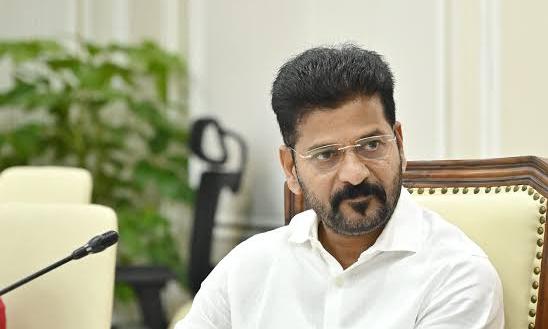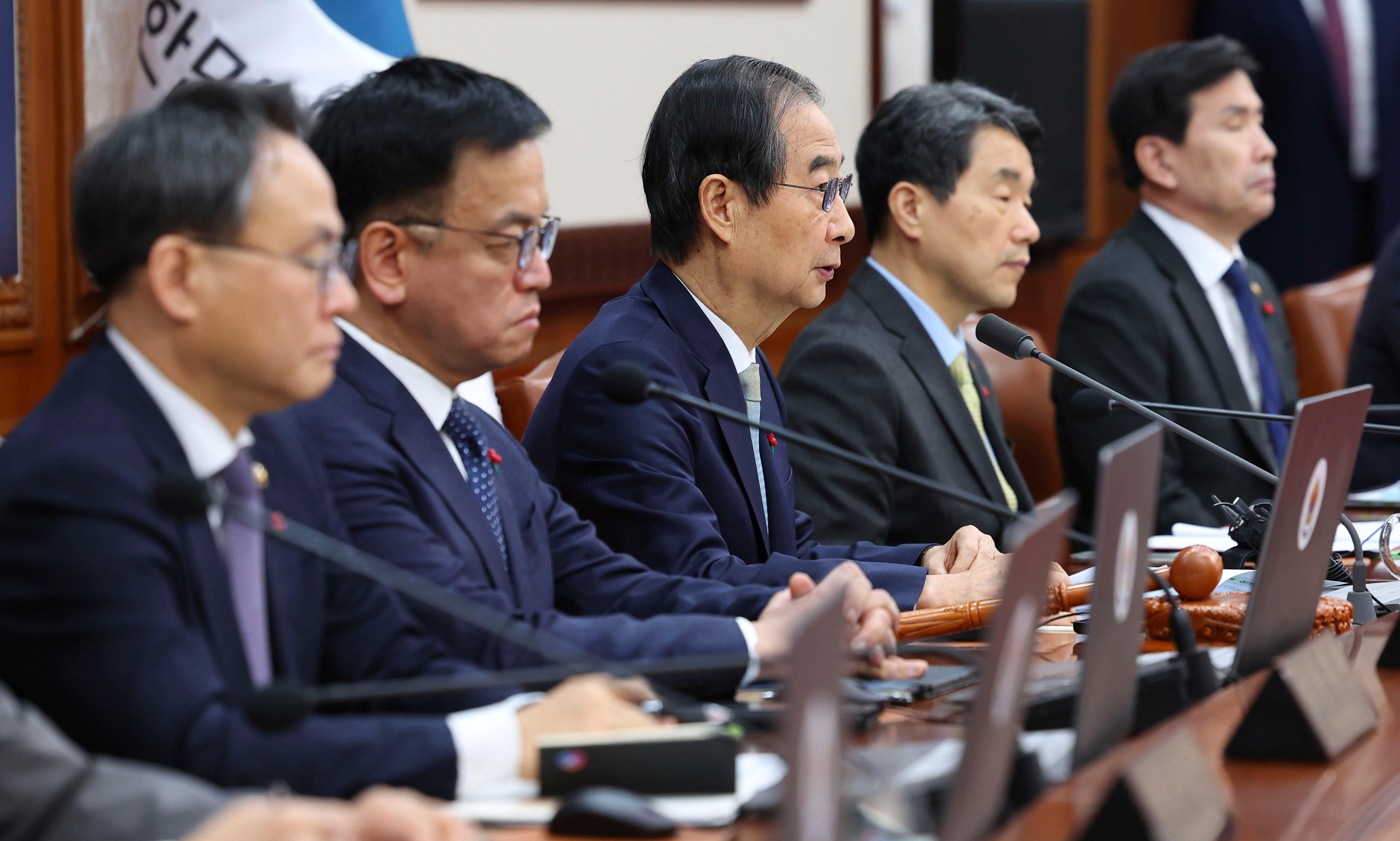Remembering Manmohan Singh: India's Economic Architect
Discover the legacy of Manmohan Singh, whose economic reforms and compassionate leadership left an enduring impact on India and the world.
Published December 27, 2024 - 00:12am

Image recovered from deccanchronicle.com
India mourns the loss of one of its most distinguished leaders, former Prime Minister Dr Manmohan Singh, who passed away at the age of 92. Renowned as an economist, politician, and reformer, Dr Singh's contributions have been central to shaping modern India. His demise has brought an outpouring of condolences from across the political spectrum, reflective of the impact he had throughout his lifetime.
Dr Singh's journey from a modest beginning in an area of British India that is now part of Pakistan, to becoming one of the most respected leaders globally, is a testament to his dedication and intellect. Educated at Cambridge and Oxford, Singh's academic rigor and vision were instrumental in steering India through economic turmoil in the early 1990s. As Finance Minister, his 1991 budget advocated for liberalization and globalization, marking a significant turning point for the Indian economy.
Serving as the Prime Minister from 2004 to 2014, Singh led the United Progressive Alliance (UPA) government through a period of sustained economic growth and landmark policy implementation. Under his leadership, India emerged as an economic powerhouse, with initiatives aimed at reducing poverty, enhancing education, and fortifying food security significantly influencing the socio-economic landscape.
The confirmation of Singh's death came from the All India Institute of Medical Sciences in New Delhi, where he was admitted following a sudden illness. As news of his passing spread, tributes poured in from leaders and citizens alike, underscoring the profound impact of his work and philosophy. Prime Minister Narendra Modi expressed his grief, noting Singh's lifelong service and the insightful contributions he made to national policy and discourse.
Opposition leader Revanth Reddy paid homage to Singh's integrity and morale character, emphasizing his role as a humanitarian leader. Echoing similar sentiments, other political figures such as Shashi Tharoor and Bhupesh Baghel remembered Singh as a visionary whose contributions to the nation would be eternally cherished.
Beyond being a political figure, Dr Manmohan Singh was recognized for his humility and intellectual acumen. His tenure as the governor of India's central bank and his advisory roles laid the foundation for his impactful entry into politics, which was marked by decisive reforms and steadfast leadership. Though his second term as Prime Minister faced challenges, including coalition pressures and controversies, Singh's overall legacy remains one that is deeply respected.
The legacy of Dr Manmohan Singh is vast, touching on economic reform, policy innovation, and the cultivation of a more interconnected and progressive India. His life and work stand as a blueprint for future generations, highlighting the power of visionary leadership well rooted in compassion and integrity. As India and the global community reflect on his contributions, the reverence for his endeavors continues to resonate profoundly.
With his passing, India bids farewell to a man who deftly combined economic insight with political acumen, forever altering the trajectory of the nation and setting a standard for future leadership. As expressed by Sonia Gandhi and Priyanka Gandhi Vadra, the heartfelt messages of condolence align with the sentiment that Dr Singh's ideals and influence will endure beyond his lifetime.






